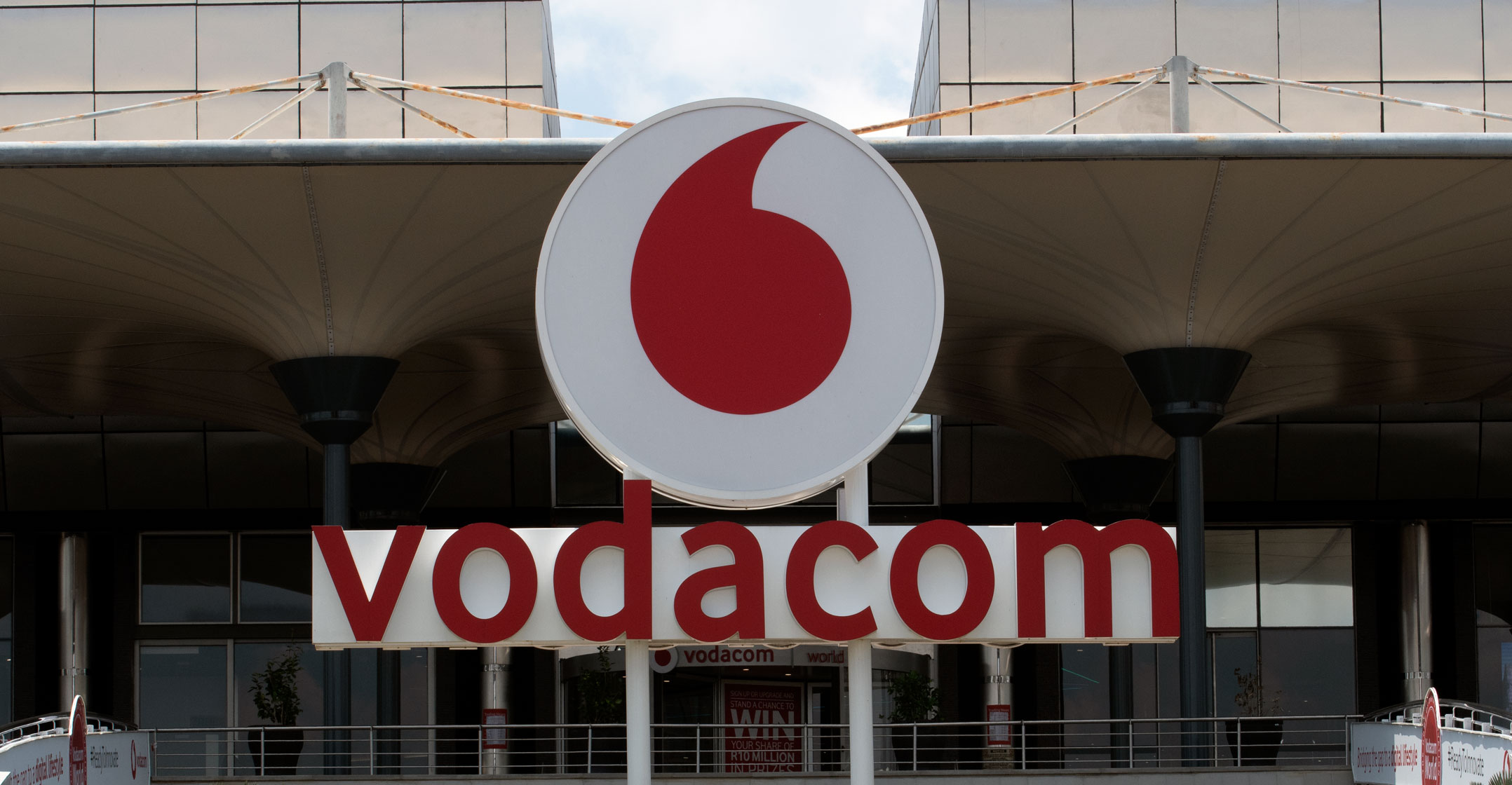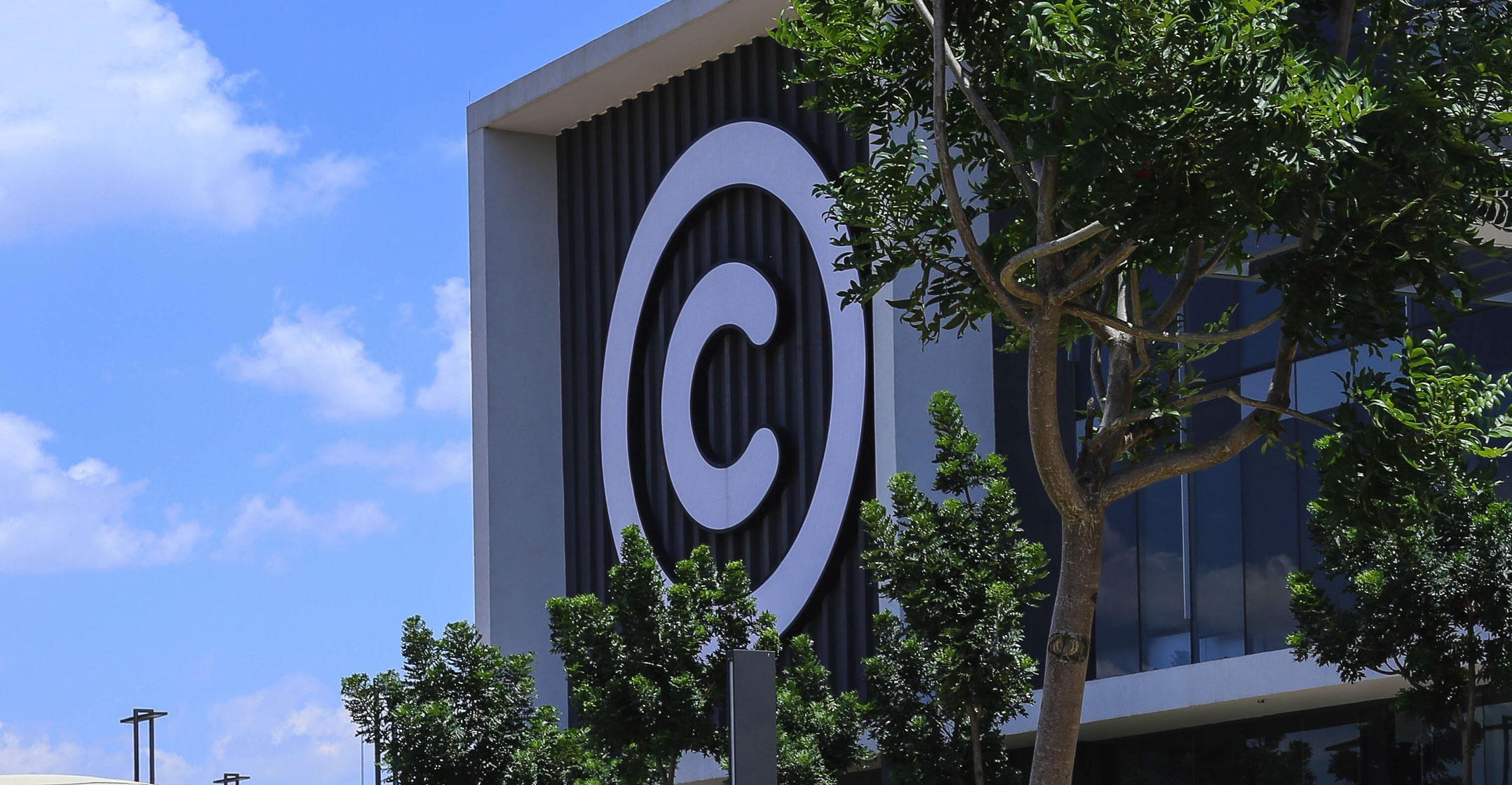
Vodacom, MTN and Cell C have all shown a decline in customer satisfaction scores in the past year, though MTN and Cell C lag their bigger rival, according to new research.
The latest South African Customer Satisfaction Index (SA-csi) for mobile telecommunications services — conducted by Consulta — shows South Africa’s largest cellular providers remain among the most highly regarded globally, even though the latest survey shows that customer satisfaction is on the decline.
“South Africa’s three biggest rivals measured by market share have all shown a decline in overall customer satisfaction scores,” the SA-csi research said. “This in turn has seen a decline in customer loyalty, which has been on a three-year downward trajectory across the sector.”
The 2018 SA-csi survey of customer perception shows Vodacom retaining its leader position in overall customer satisfaction with a 74.8 index score. MTN follows in second place in South Africa at 71.8 and third is Cell C at 71.4 — both below the industry average index score of 73.3.
“Customer satisfaction is at a much lower ebb across the sector, evidenced by the decrease in the overall score — dropping to 73.3 in 2018, which is the lowest since inception of the index (six years ago). When customer satisfaction declines, loyalty shows a sharp reciprocal decline, with one in three customers now prepared to move to another network provider for their primary needs.”
SA-csi founder Adré Schreuder said that while mobile networks have focused on technical and infrastructural delivery and handset upgrades to capture customer loyalty, customers have indicated that “softer perceptual drivers” such as perceived value for money, quality of the relationship and service levels, and competent complaints-handling are what matter most to them.
No clear value proposition
“All networks are highly concerned with acquisition, infrastructure and competing. However, none is making a clear value proposition around customer-centricity,” Schreuder said.
In a follow up, independent analysis of the drivers of customer choice of network provider, Consulta found that perceptual drivers such as quality of the relationship with the provider, perceived value for money, complaints-handling and resolution, and exceeding expectations were the key reasons why customers chose their cellular provider. “While the quality of the network was an important consideration for Vodacom customers (18.4%), it was considered more of a hygiene factor compared to other perceptual factors.
“The big shift is that customers across all segments and spend thresholds have become increasingly cost- and value-conscious. New players and aggressive challengers are making inroads and attracting customers looking for better value for money.”

Though Vodacom’s position remains “solidified” in the premium segment, this could be eroded as customers become increasingly disenchanted with the gap between value and cost, Schreuder said.
“As the various operators start reaching a level of parity across their networks and coverage, we’re likely to see a much bigger shift in customer tendency to multi-Sims in order to achieve the best value, using multiple providers for their voice and data needs, and declining loyalty.”
Still, compared to other global indices of telecoms providers, South African operators compare favourably with the US wireless telephone industry average of 74 and Singapore’s 71.1.
Key findings of the SA-csi research include:
- Vodacom leads on the overall customer satisfaction index score with 74.8 compared to the industry average of 73.3, which effectively gives Vodacom the right to claim the “number one telecoms company as rated by customers”. However, the company has shown a marked decline compared to its 2017 customer satisfaction score of 79.2.
- MTN follows below par at 71.8, which also shows a decline from 2017 (74.2).
- Cell C follows at 71.4 and shows a big decline on its 2017 score of 76.7 and losing ground to MTN.
Vodacom leads on Net Promoter Score, too, which measures the likelihood that customers will recommend a brand to their family and friends compared to customers who would actively discourage a relationship with the brand. The Net Promoter Score average across the industry took a dip, dropping from 37.4% in 2017, to just 19.9% in 2018. NPS scores across all three networks plummeted. Vodacom leads with an NPS of 27.8%, although there has been a significant decline from 2017, with MTN following at 11.8% and a similar large decline over that period. Cell C’s score is 9.9% and is also much lower than in previous years. — © 2019 NewsCentral Media




